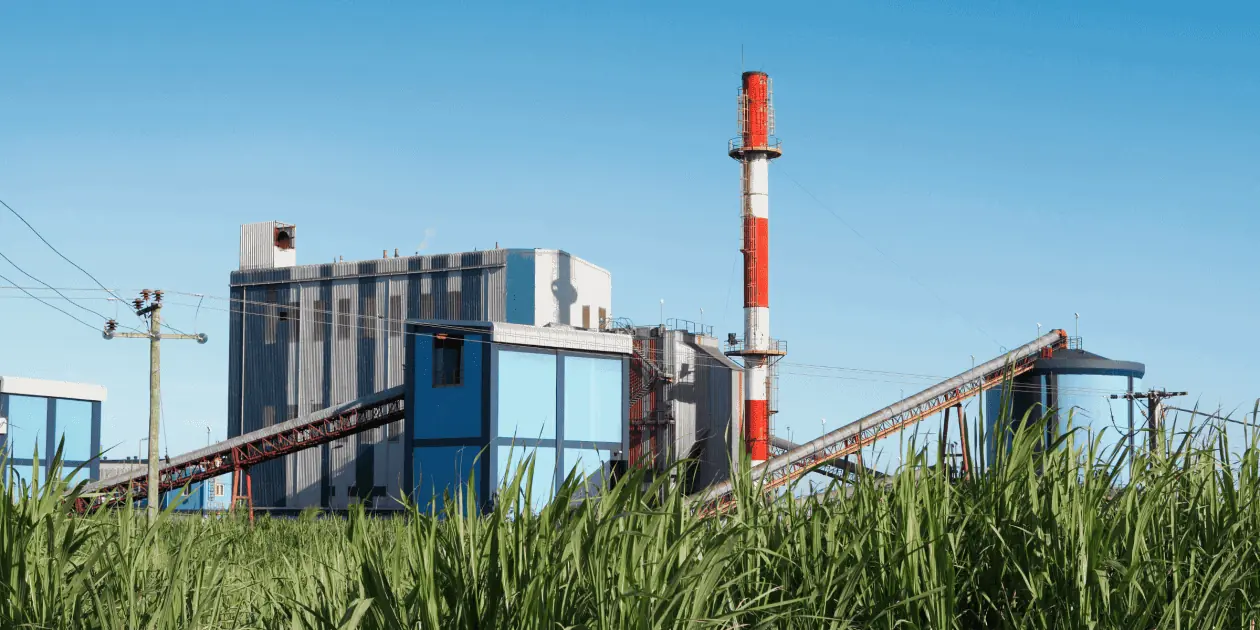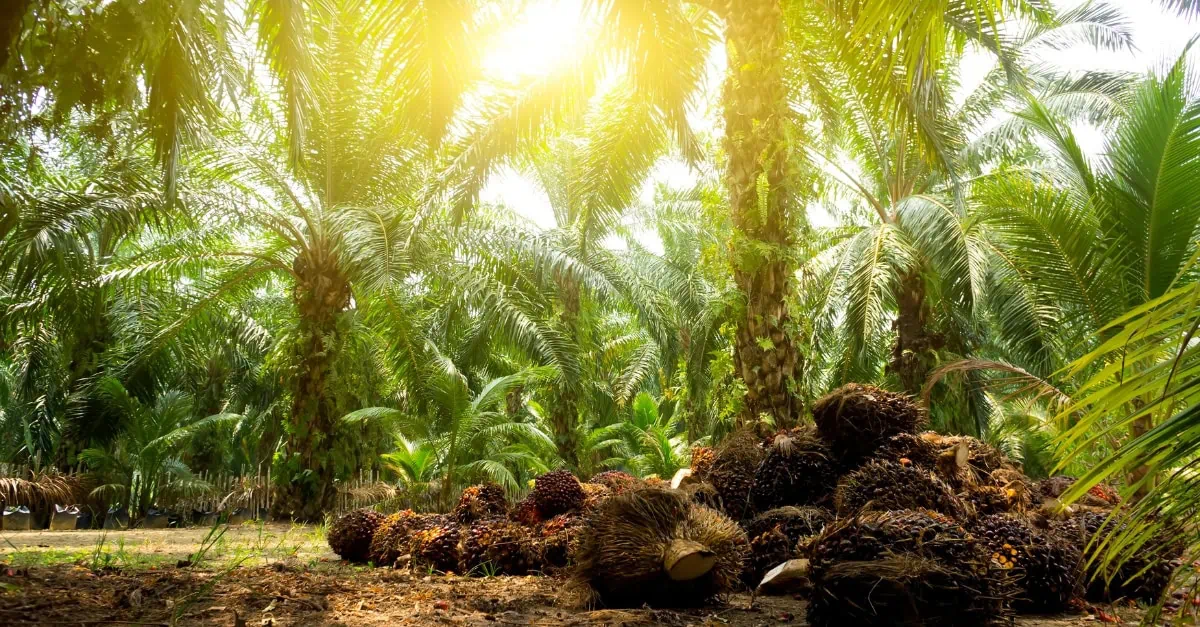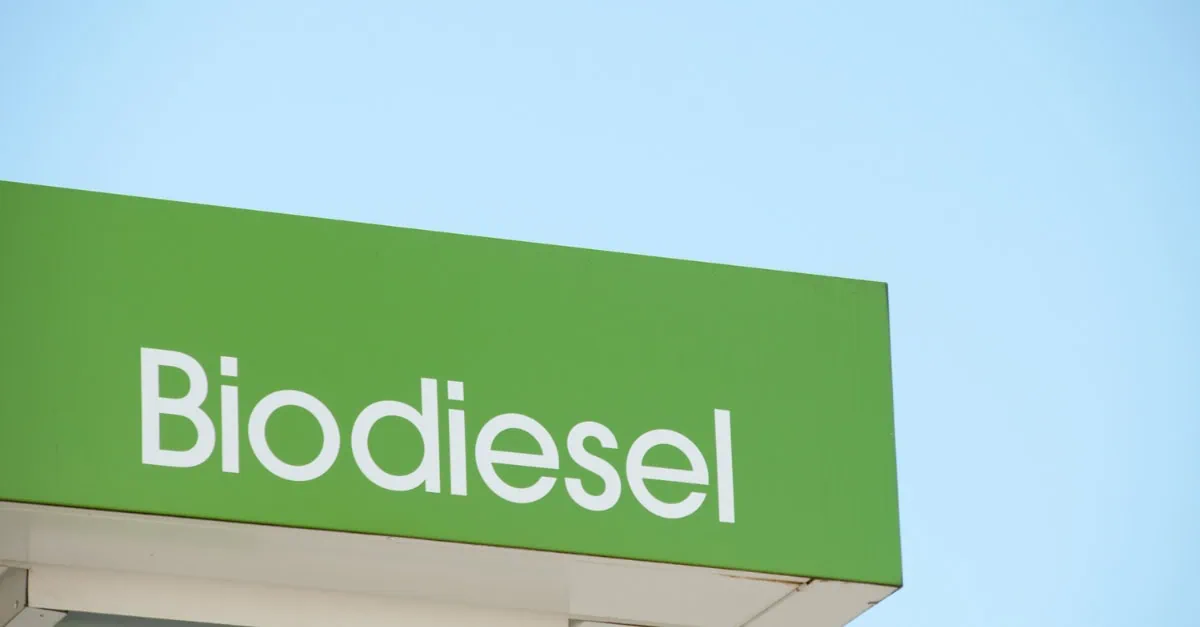With two mills recently certified to export ethanol to the European market, Tereos Brasil intends to send 25% of its biofuel production in the 2022/23 harvest (estimated at 520 million liters) to Europe. This is the largest volume shipped abroad in the company’s history and should represent a turnover of US$100 million.
To Broadcast Agro, Tereos’ commercial director, Gustavo Segantini, said that the continent has become “a good outlet” for Brazilian mills after the biofuel lost advantage in the domestic market, with the reduction of aliquots that fell on fossil fuels.
According to data from Datagro Price-Reporting Agency (PRA) passed on to Broadcast Agro, the price of anhydrous ethanol from São Paulo at the port is around R$3,102.61 per cubic meter. The price of the biofuel destined for the European Union reached R$4,162.62 per cubic meter in August, according to information from Comex Stat compiled by Datagro.
“The share of ethanol in the Brazilian Otto cycle (light duty vehicle fleet) has fallen and having the option to export to Europe, at the price level we have seen today, was a super healthy business for the mills,” Segantini says.
Tereos has seven mills in Brazil and wants to certify all of them to sell the product to the European market, with a focus on the Netherlands and the United Kingdom.
Incorporated, the new export plants would raise production capacity to the bloc to 35% of the company’s total.
The company is not alone in targeting this market. According to Datagro, a previous analysis points out that, in September alone, 11 ships loaded with ethanol should leave the country’s ports bound for Europe. Accumulated for the year, the consulting firm predicts that 37 vessels have already traveled to the continent.
The energy crisis in Europe, triggered by Russia’s war with Ukraine, has opened space for Brazilian ethanol in that region. An additional boost came as countries in the bloc decided to promote economic incentives for blending biofuels into gasoline.
Segantini believes ethanol is “here to stay” on the European continent as environmental awareness and the need to reduce dependence on oil increases, especially after fears of shortages caused by the war.
“If we improve the consumer view there that the ethanol car is much more efficient, environmentally speaking, than the electric car, the (ethanol) market in Europe will have gigantic potential,” he adds.





